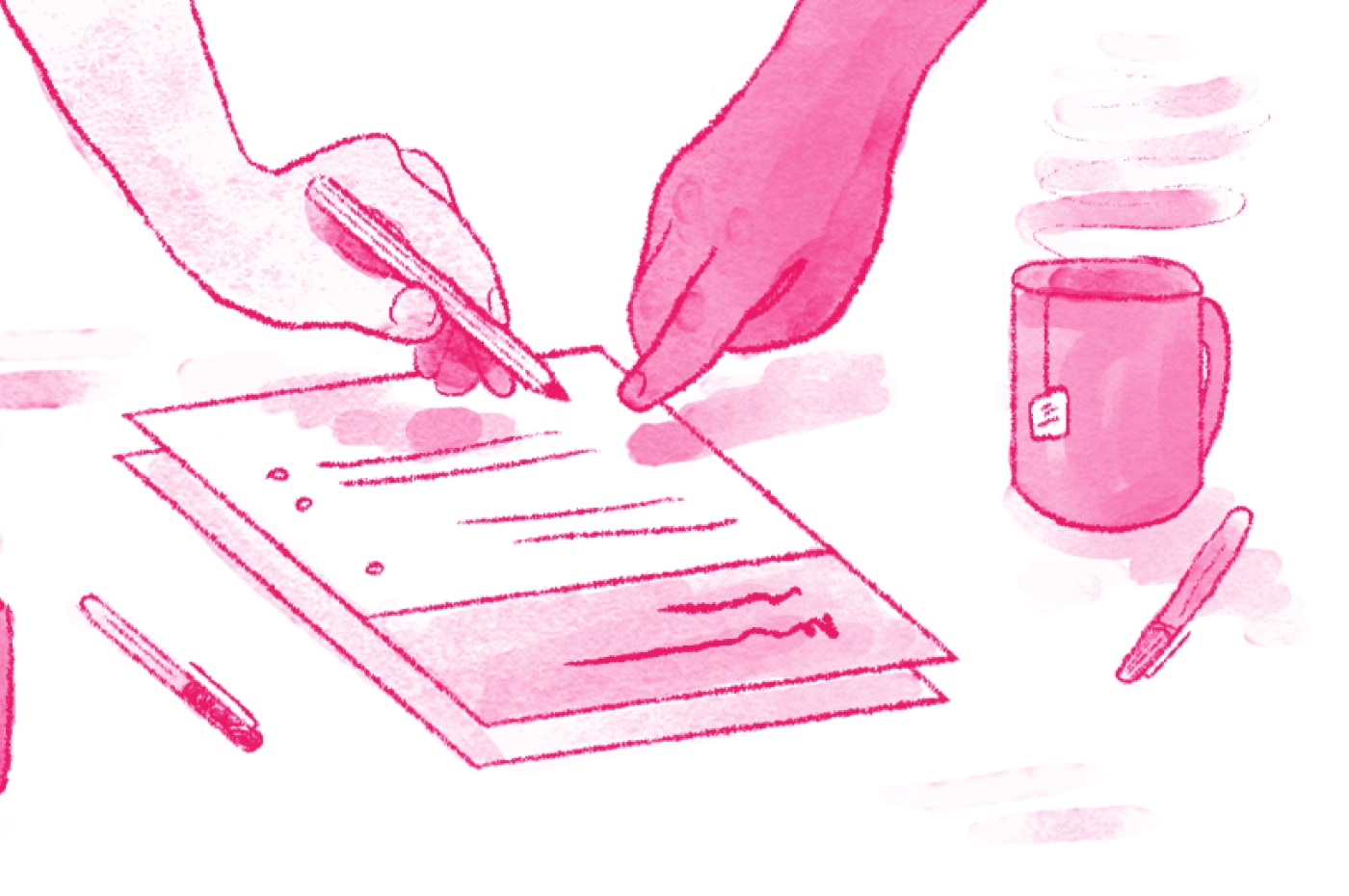Recommended ReadsJuly 9th, 2019
The peculiar blindness of experts
It is difficult to make predictions, especially about the future.
— unknown Danish humourist
I’m often struck by just how arrogant and wrong experts can be. I don’t want to sound all anti-science as I’m forever grateful for advances in human knowledge, not to mention the level of health and comfort I have in my life. But I’ve long been grappling with what the Atlantic describes here as ‘the peculiar blindness of experts’.
A long-running study by psychologist and political scientist Philip E. Tetlock shows that experts are terrible at forecasting the future – and that, when their forecasts are shown to be incorrect, they are more likely to double-down than re-assess. The best forecasters view their ideas as hypotheses in need of testing, and are able to adjust their ideas when they are proven wrong.
In Tetlock’s study, he found that the ‘deeply and tightly focused’ experts performed far, far worse than those who ‘draw from an eclectic array of traditions, and accept ambiguity and contradiction’. Although it’s not his point, it’s a strong argument in favour of multidisciplinary teams as well as the need for T-shaped designers to keep learning from outside their main discipline or practice.
– Emma Blomkamp



